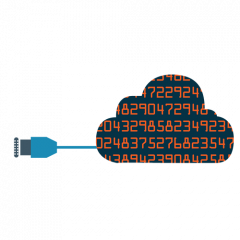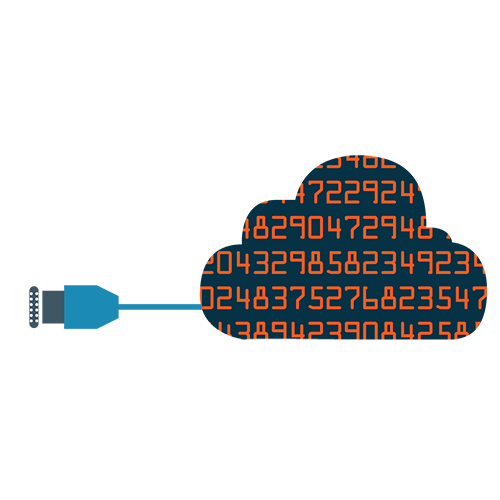Who: Ofcom; CSC Media Group Limited; That’s Solent Limited
Where: United Kingdom
When: 25 April 2016
Law stated as at: 10 May 2016
What happened:
Ofcom has published the outcome of two recent investigations into alleged breaches of the Ofcom Broadcasting Code (“the Code“) in a recent issue of its Broadcast and On Demand Bulletin. The two cases both relate to the issue of “undue prominence” of brands in broadcast programming.
FLAVA
The first investigation concerned a visual reference to fruit-infused sparkling wine called ‘MYX Fusions Moscato’ during a programme aired on FLAVA, a music television channel operated by CSC Media Group Limited (“CSC Media“).
Super Bass Top 20 is a music video programme that showcases the 20 most popular music videos of a particular artist. On 16 January 2016, the channel broadcast an episode featuring the recording artist Nicki Minaj, which included a music video for her song ‘High School’. One scene of the music video features a close-up shot of eight bottles of MYX Fusions Moscato – a brand of alcoholic beverage that happens to be co-owned by… Nicki Minaj.
The close-up was followed by two wider shots in which the bottles could be seen at the centre of the frame, as well as several other brief shots later in the music video in which the bottles were visible.
In total, the branding of the bottles was only visible for 28 frames (just over a second) in a video which is 3 minutes and 38 seconds long – CSC Media raised this argument in its response to Ofcom’s request for information. The broadcaster also emphasised that the images were not aired as a result of any commercial arrangement between themselves and any other party.
Cab My Ride
The second investigation focussed on a news bulletin about a taxi company called ‘Cab My Ride’ that was featured on a local television service for Southampton and the surrounding areas. The licence for the service is held by That’s Solent Limited (“That’s Solent“).
The bulletin reported on a booking application for mobile devices that had been developed by ‘Cab My Ride’ in partnership with the University of Southampton. The news report included several segments of footage showing taxis with ‘Cab My Ride’ branding, as well as with the company’s telephone number. At various points, information about where the app could be downloaded was also shown.
In its response to Ofcom’s request for information, That’s Solent argued that the news report was not the result of any commercial arrangement between the broadcaster and either Cab My Ride or the University of Southampton.
In addition, That’s Solent maintained that there was “clear editorial justification” for reporting on “a new locally-targeted product which is unlikely to be familiar to many local viewers” and for “making references to the features of the product”.
The Code
The rules relating to undue prominence of products, services and branding in broadcast programming are contained in Section 9 of the Code. The rules are intended to control excessive commercial references in programming and to protect viewers from surreptitious advertising by:
- limiting the extent to which references to products, services and trade marks can feature in programming;
- requiring that viewers are made aware when a reference to a product, service or trade mark features in programming as a result of a commercial arrangement between the broadcaster or producer and a third party funder; and
- helping to ensure that broadcasters do not exceed the limits placed on the amount of advertising they can transmit.
Importantly, Section 9 does not proscribe all references to products and services in programmes. However, it does require all such references to be justified by the editorial requirements of a programme and not be promotional or unduly prominent.
The decisions
In both cases, Ofcom held that the respective broadcasts had breached Rule 9.5 of the Code.
Rule 9.5 states that no undue prominence may be given in programming to a product, service or trade mark, where the undue prominence results from:
- the presence of, or reference to, a product, service or trade mark in programming where there is no editorial justification; or
- the manner in which a product, service or trade mark appears or is referred to in the programming.
Ofcom also concluded that the news bulletin featuring ‘Cab My Ride’ had breached Rule 9.4 of the Code, which prohibits the promotion of products, services and trade marks in programming.
The extent to which a reference will be considered promotional is judged by the context in which it appears. In this case, Ofcom considered that the favourable and superlative language used to describe ‘Cab My Ride’ during the 5-minute segment, as well as the references to pricing of the service and availability of the app, constituted a promotion of ‘Cab My Ride’ and its service that was in breach of Rule 9.4.
Why this matters:
These decisions emphasise that broadcasters must take great care when including commercial references in television programming, even where there is no suggestion of deliberately underhand practices.
In both cases, Ofcom found that the respective broadcasters had breached the Code, despite the fact that neither CSC Media nor That’s Solent received a commercial benefit from the inclusion of the offending branding.
The case against That’s Solent also shows that Ofcom will take proactive steps to penalise suspected breaches of the Code. Ofcom did not receive a single complaint about the ‘Cab My Ride’ news bulletin. Rather, the offending broadcast was identified by Ofcom during routine monitoring.
Ofcom has published guidance notes on Section 9 of the Code, which provide practical advice regarding the use of commercial references in television programming. This guidance should be reviewed by all broadcasters to aid compliance with the requirements of the Code and to avoid any unwanted attention from Ofcom.








